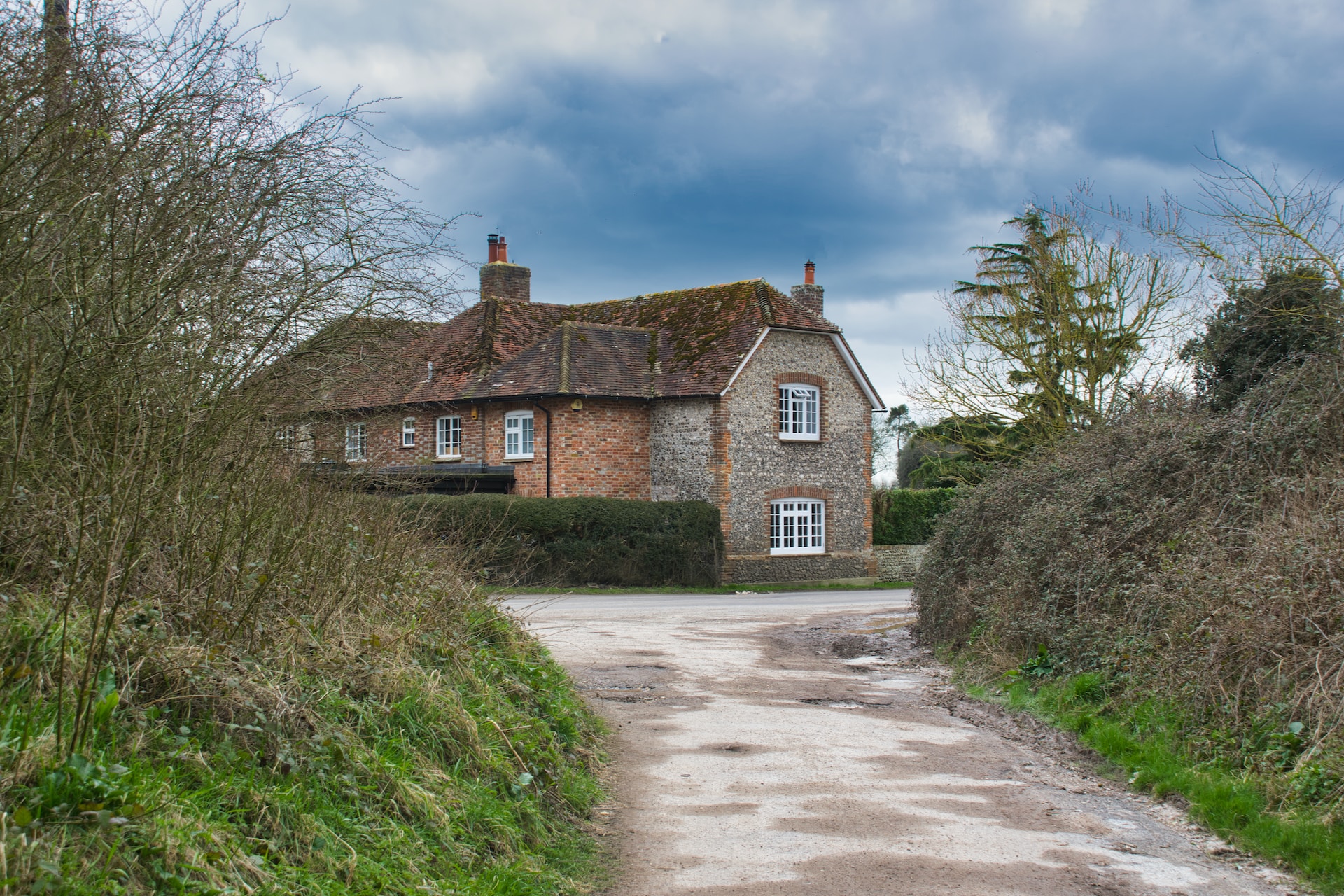As we enter 2024, the process of purchasing a property continues to evolve. One constant question that potential buyers often have is whether a property survey is essential when looking to invest in a new home. While skipping a survey might save you some time and money upfront, it may lead to significant issues down the line. It’s crucial to weigh up the risks and benefits when deciding whether to conduct a survey before making a property purchase.
A property survey is a thorough examination of a property’s physical aspects, and confirms the precise measurements of a property. It can also identify any potential issues regarding the building’s structure, such as subsidence, dampness, or roofing problems. This information is invaluable in making an informed decision about a property purchase, as it offers a clear understanding of the existing or potential issues that may require attention.
As we move ahead in 2024 and beyond, technological advancements have made property surveys more accurate and efficient. However, it’s still essential to assess the unique circumstances of each property while keeping in mind the potential long-term consequences of forgoing a survey. At Survey Hut, we encourage potential buyers to consider a property survey as a crucial step in protecting their interests during the property purchasing process.
Legal Requirements for Property Surveys in 2024
Mandatory Surveys for Property Transactions
We need to adhere to specific legal requirements when it comes to property surveys during a transaction. Surveys are essential to ensure the buyer is aware of any potential defects, risks or existing concerns related to the property. They provide a comprehensive analysis of the property’s condition and help to avoid any future disputes or expensive repairs.
Here are some instances where surveys are all but mandatory:
- Mortgage lenders: Before approving or granting a mortgage, most lenders require a survey to determine the property’s value and structural integrity. It safeguards the lender’s investment and helps calculate the correct loan amount.
- Property subdivision or development: If you plan to subdivide the land or make alterations to the property, obtaining a survey is necessary to confirm boundary lines, zoning, and construction requirements.
- Boundary disputes: In cases where there are disputes over property lines, a survey is needed to limit potential legal conflicts and determine the correct boundaries.
Whilst the above factors aren’t covered as part of Survey Hut’s RICS Level 2 and Level 3 Home Surveys, they’re still essential to keep in mind.
Financial Implications of Conducting Property Surveys
Associated Costs of Surveys
Conducting property surveys is essential in the property purchasing process, as it provides vital information regarding the structure and any potential issues that may impact the value of the property. Nevertheless, these surveys do come with a few associated costs.
- Type of survey: The cost of a survey largely depends on the type and depth of the survey required. A basic condition report (RICS Level 1) typically costs around £200, while a full building survey (RICS Level 3) can start from £600 and up.
- Size and location of the property: The size and location of the property can also significantly impact the cost of a survey. In areas with a higher cost of living, expect to pay more for a survey. Similarly, larger properties will require more time and effort to survey, increasing the overall cost.
- Surveyor fees: Each surveyor may charge different fees based on experience, expertise, and demand. It’s crucial to work with an experienced surveyor that can provide the best picture of your property’s condition.
Influence on Property Prices
Property surveys can also have a significant impact on property prices. In some cases, the findings of a survey may uncover issues, such as structural issues or complications, which can affect the property’s value—either driving down the asking price or warranting further negotiation.
A property survey may reveal structural issues, like subsidence or damp, which need immediate attention. These problems can be expensive to fix and may present the opportunity to renegotiate the property’s price:
- Damp: Discovering damp during a property survey can significantly impact a property’s potential value. It raises concerns about structural integrity, poses health risks, and can require costly repairs. As a result, buyers can often negotiate lower prices.
- Defects: The discovery of roof, garage, or building defects during a property survey can heavily impact its value. For instance, a leaking roof may lead to water damage and mould issues, reducing the property’s appeal and value. You can negotiate lower prices or demand repairs, affecting the overall transaction.
Conducting a survey is vital for making an informed decision about purchasing a home. While there are some associated costs with these surveys, they provide essential information that may impact property prices, allowing buyers to negotiate confidently and understand the true value of their investment.
Assessing Environmental and Structural Concerns
When purchasing a house, it’s essential to account for the possible environmental and structural concerns surrounding the property. We should consider the following factors:
- Flood risk: Is the property located in a flood-prone area?
- Ground stability: Is the site susceptible to subsidence or other geotechnical risks?
If any of these concerns arise during the property survey, it is crucial to:
- Engage expert professionals, such as environmental or structural engineers, for further evaluation and guidance.
- Ensure proper documentation is obtained to support future insurance claims or potential remediation efforts.
We should also assess the property’s energy efficiency by reviewing its Energy Performance Certificate (EPC). This helps us gauge the property’s long-term environmental impact and potential energy costs.
A house survey is a vital step in the property purchasing process in 2024 and beyond. By identifying environmental and structural concerns, we can safeguard our investments and ensure a smooth ownership experience.
Get in touch with Survey Hut today for a comprehensive Level 2 or Level 3 Home Survey. We are held to the highest professional standards by the RICS, so you know that you’ll get a high-quality report. So, make sure your perfect home, is perfect.
Sharing is caring!




